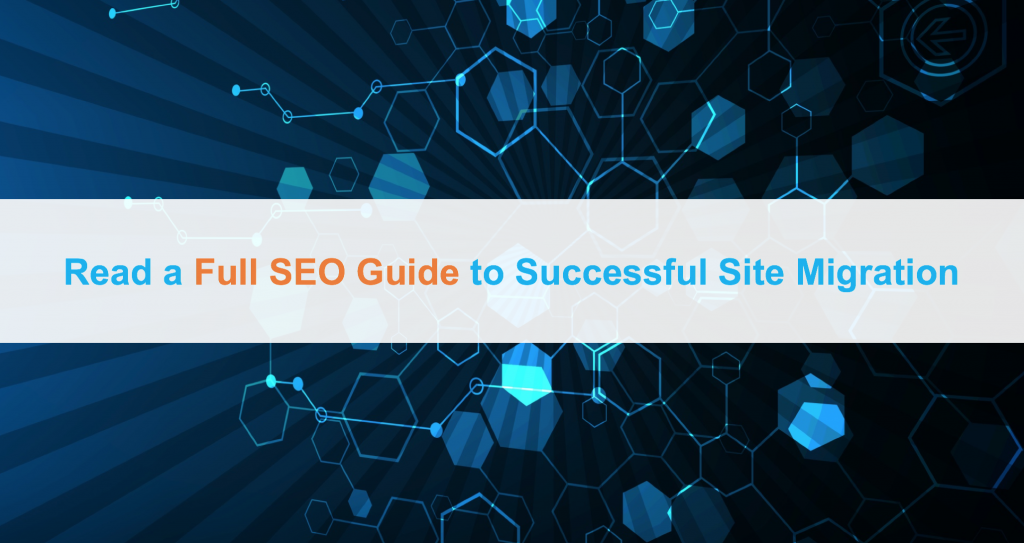When Should I Optimize My Website?

What should I think about as I build my website?
1. Load time. Google and your users want to see sites that have low load times. Pages that take too long to load are often just closed (link to project page on load times). Google knows that long load times result in a lower user-satisfaction rating, and so they also penalize the sites. To keep your load time low, you need to prioritize the items on your page and your plugins. Too many plugins or items that need to load will slow down the page.
2. Folders and site map. It should be clear how your site is organized so that Google and your users know what to expect. Your sitemap should be uploaded to Google to help the search engine understand your pages.
3. Navigation. Navigation should be intuitive. This means pages should be appropriately named and organized in an understandable fashion. Customers should be able to clearly see where they are in your site and how to get where they want to go.
How do I optimize my website?
Here are some things to absolutely remember when optimizing your website:
1. Types of content. Your content should be developed with the end user in mind. This means understanding your buyer personas and their journeys and using data to pinpoint keywords and topics that appeal most to specific people. You should be producing a variety of types of content, such as videos, text and infographics, so that you can appeal to a broad range of potential customers.
2. Meta descriptions. Meta descriptions (link to project page on meta descriptions) are the bits of text that appear below your URL on SERPs, describing your page to users. This text can have a big impact on the sites that people choose to click on, so write descriptions that are engaging and inviting.
3. Keywords. Although various Google algorithm updates have shifted optimization efforts away from just matching keywords and towards matching concepts, keywords are still an important way to let Google know your topic. You should use data to determine a few desirable keywords and use them naturally in your content, while focusing on providing users with information they want about this particular subject.
As you build your site, focusing on optimization can help you create a successful web page that is ready to perform from the moment you launch it. Remember that SEO is an ongoing project, and will continue to require modifications and adjustments as algorithms, customers and best practices change (link to project page on site redesign). Keeping these ideas in mind, however, will get you started on the important path of ranking well and reaching customers.
<< Back to the SEO Glossary main page

What should I think about as I build my website?
1. Load time. Google and your users want to see sites that have low load times. Pages that take too long to load are often just closed (link to project page on load times). Google knows that long load times result in a lower user-satisfaction rating, and so they also penalize the sites. To keep your load time low, you need to prioritize the items on your page and your plugins. Too many plugins or items that need to load will slow down the page.
2. Folders and site map. It should be clear how your site is organized so that Google and your users know what to expect. Your sitemap should be uploaded to Google to help the search engine understand your pages.
3. Navigation. Navigation should be intuitive. This means pages should be appropriately named and organized in an understandable fashion. Customers should be able to clearly see where they are in your site and how to get where they want to go.
How do I optimize my website?
Here are some things to absolutely remember when optimizing your website:
1. Types of content. Your content should be developed with the end user in mind. This means understanding your buyer personas and their journeys and using data to pinpoint keywords and topics that appeal most to specific people. You should be producing a variety of types of content, such as videos, text and infographics, so that you can appeal to a broad range of potential customers.
2. Meta descriptions. Meta descriptions (link to project page on meta descriptions) are the bits of text that appear below your URL on SERPs, describing your page to users. This text can have a big impact on the sites that people choose to click on, so write descriptions that are engaging and inviting.
3. Keywords. Although various Google algorithm updates have shifted optimization efforts away from just matching keywords and towards matching concepts, keywords are still an important way to let Google know your topic. You should use data to determine a few desirable keywords and use them naturally in your content, while focusing on providing users with information they want about this particular subject.
As you build your site, focusing on optimization can help you create a successful web page that is ready to perform from the moment you launch it. Remember that SEO is an ongoing project, and will continue to require modifications and adjustments as algorithms, customers and best practices change (link to project page on site redesign). Keeping these ideas in mind, however, will get you started on the important path of ranking well and reaching customers.
